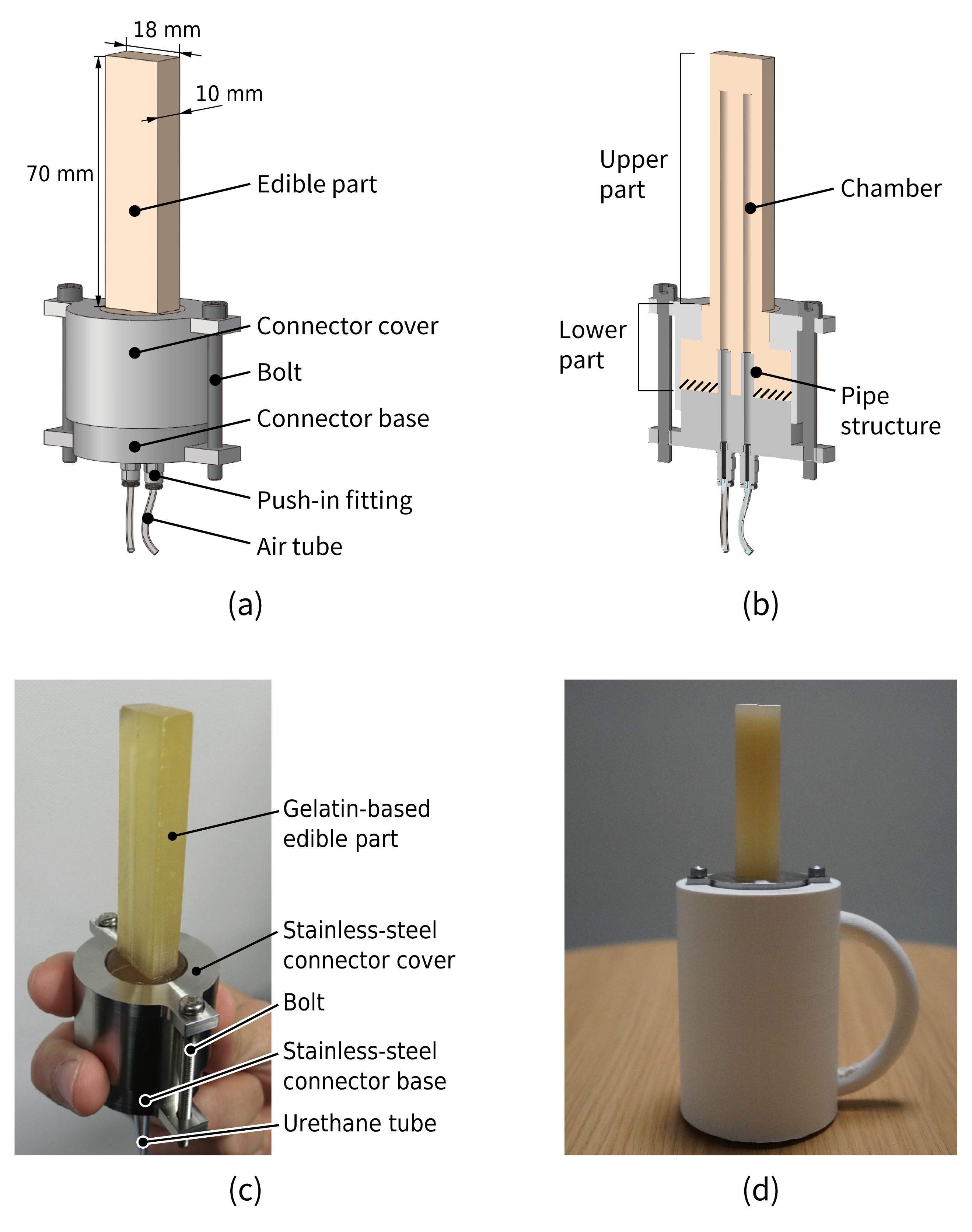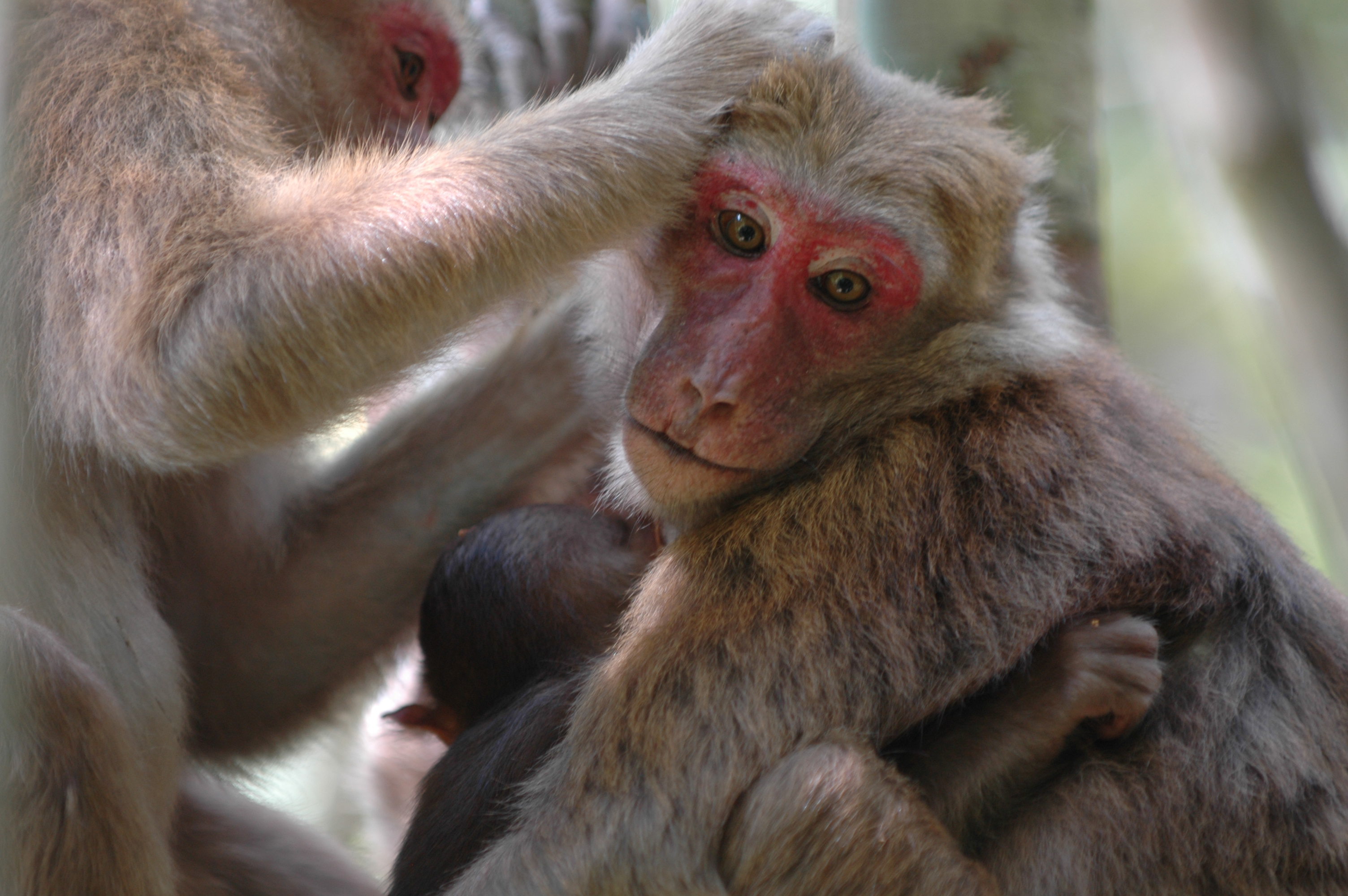April eNews
Welcome to this month's eNews, your essential digest of the most compelling content and highlights from the past month.
In this edition, we bring you the top 5 most read items that captured the attention of our readers, providing you with a snapshot of the trending topics.
Additionally, our editor's choice offers a look into groundbreaking research on edible robotics.
And finally, don't miss our image of the month—a captivating glimpse into the intricate interplay between human behavior and our evolutionary heritage.
If you have any questions, feedback, or simply want to connect, don't hesitate to reach out to the News Team at news@alphagalileo.org. We're here to assist you!
We hope you enjoy this month's edition of our eNews.
Best regards,
News Team
Top 5
1. Uncovering missing TB cases ‘key to elimination’, published on 24/03 by SciDev.Net
1.3 million people died from TB in 2022 - WHO
New technology can be harnessed to trace and diagnose missing cases
Private investment ‘crucial for scale-up of interventions’
Read the news
2. Book Review: Decade of Wonders 1988–98. This is How Polish Capitalism was Born [Dekada Cudów 1988–98. Tak Się Rodził Polski Kapitalizm], published on 7/03 by Adam Mickiewicz University
Periods of major breakthroughs and accompanying changes in various areas of socio-economic life naturally focus public attention and interest in creative circles. Although the first decade of systemic transformation, including the construction of the foundations of the free market, is one of the frequently taken up motifs in more than just historical narratives, the pace and scale of the changes that took place require various aspects of the transformations to be highlighted. They concern not only political transformations and the construction of institutional foundations, but also entrepreneurial attitudes and the role of grassroots initiatives in building a free market economy. The current of interest in the Polish transformations, including the explosion of Polish entrepreneurship, is reflected in a publication prepared by A. Krajewski under the telling title The Decade of Wonders (Krajewski, 2021).
Read the news
3. Study shows how oestrogen protects against fatty liver, published on 8/03 by Karolinska Institutet
New research from Karolinska Institutet in Sweden shows how oestrogen protects against MASLD, a fatty liver disease that has increased dramatically during the current obesity epidemic. The study, published in Molecular Systems Biology, shows how a new drug under development could become a future treatment for fatty liver disease and liver cancer.
Read the news
4. Aston University Library lights up in purple for International Women’s Day, published on 8/03 by Aston University
Aston University Library is lit up in purple to mark International Women’s Day on Friday 8 March 2024.
Read the news
5. African scientists slam ‘unequal’ pandemic treaty, published on 6/03 by SciDev.Net
African scientists say draft WHO pandemic treaty is harmful to poorer countries
Group objects to lockdown measures and mandatory vaccinations
Treaty is criticised for undermining national sovereignty
Read the news
Editor's choice
Exploring the eating experience of a pneumatically-driven edible robot: Perception, taste, and texture, published by Osaka University on 11/03/2024
In a landmark study, Associate Professor Yoshihiro Nakata of the University of Electro-Communications, Japan, in collaboration with researchers from Osaka University, conducted groundbreaking research on edible robotics. Published in PLOS ONE, this study is the first to explore the experience of consuming a moving edible robot.
Read the news

Image Caption: Fig. Edible robot: (a) three-dimensional computer-aided design model, (b) internal structure, (c) photograph of the edible robot, (d) the edible robot with a three-dimensional printed handle., 2024 Yoshihiko Nakata et al., Exploring the eating experience of a pneumatically-driven edible robot: Perception, taste, and texture, PLOS ONE
Image of the month
Less social with age published by the German Primate Center on 15/03/2024
As people get older, they increasingly focus on their more important relationships, often turning to family and close friends. This active reorientation towards a few, particularly close relationships could explain why ageing humans live in ever smaller social networks. Since human behavior not only reflects the current conditions of our modern society, but is also the result of our evolutionary past, studies on social aging in our closest relatives can shed light on the biological roots of social behavior. Scientists from the Research Group Social Evolution in Primates at the German Primate Center (DPZ) - Leibniz Institute for Primate Research and the Department for Behavioral Ecology at the University of Göttingen tested several hypotheses on the drivers of social aging in free-living Assamese macaques (Macaca assamensis) in Thailand. The researchers collected data on the social behavior of females for eight years and found that the size of their social networks decreases with increasing age. The females continued to interact with their close social partners, but gradually withdrew from social interactions altogether. The results contribute to the understanding of the evolutionary origins of social ageing (Proceedings of the Royal Society B).
Read more

Image caption: Two female Assamese macaques of the study population at Phu Khieo Wildlife Sanctuary grooming. Photo: Oliver Schülke